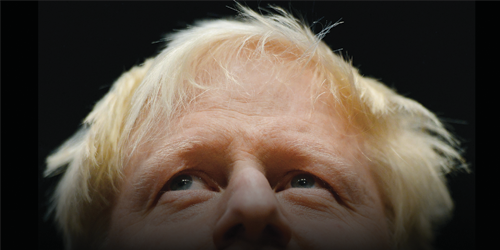
 Gary Chown, Director of NatWest Commercial Banking, outlines the three main types of risk a company may encounter when conducting business overseas and how the bank can work with its customers to help mitigate them.
Gary Chown, Director of NatWest Commercial Banking, outlines the three main types of risk a company may encounter when conducting business overseas and how the bank can work with its customers to help mitigate them.
Payment
Businesses shouldn’t lose sight of the fact that a lot of international risks are not hugely different from the ones they face when trading in the domestic market. All businesses accept some form of payment risk, whether at home or abroad, and as they would in the UK, there are a number of specific measures firms can take to make sure they are paid by foreign debtors.
Currency
When trading internationally, businesses may have to transact in a currency other than their home market currency. They will have to consider how they will convert back into their preferred currency or hold for use at a later date.
Foreign exchange is a key service that NatWest offers customers trading overseas and can be planned into international deals well in advance.
Political
While payment and currency risks are financial, political risk is non-financial and covers problems where a country becomes unstable or difficult to work in. In general, there is a scale of international risk where most developed countries in the US and Europe are low risk, while others are higher. However, even fairly well developed markets can have issues, as was seen in Ukraine earlier this year.





